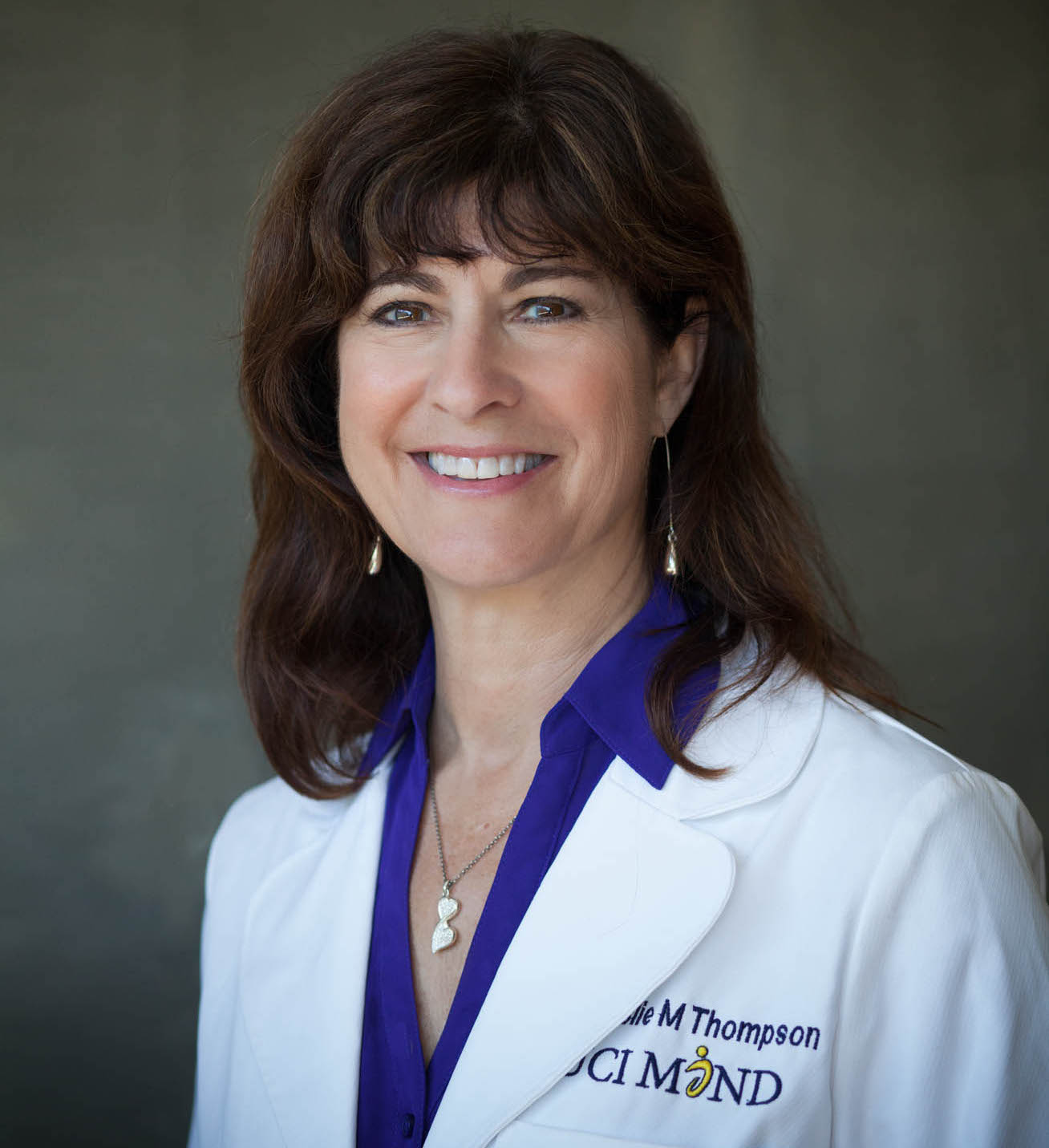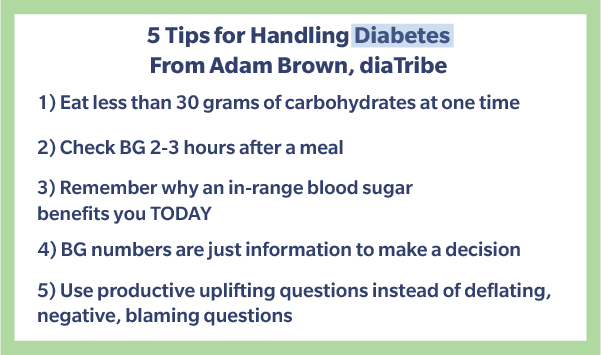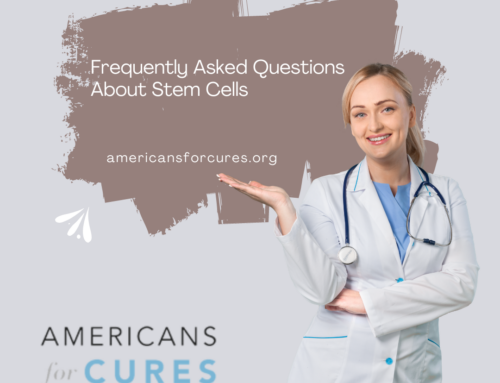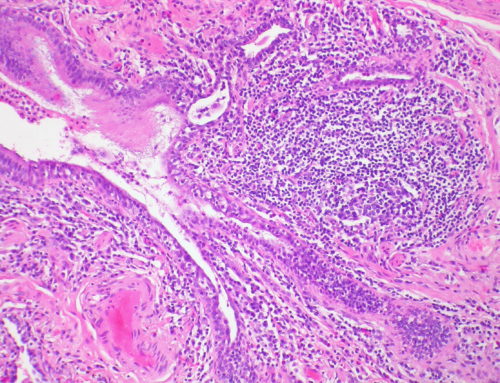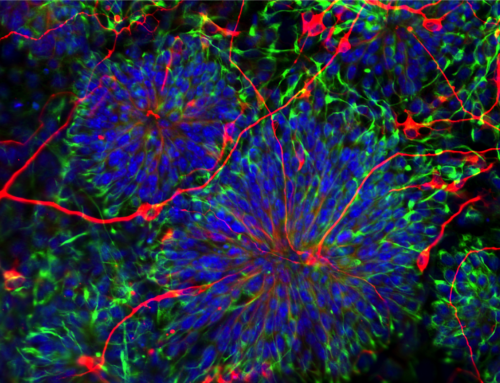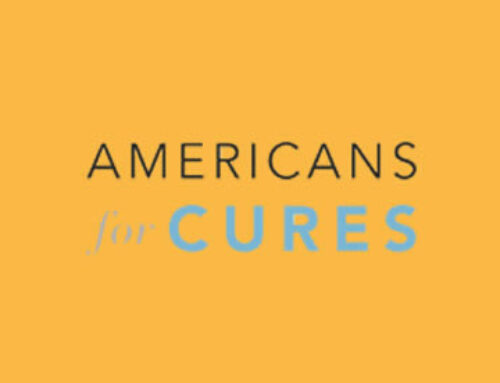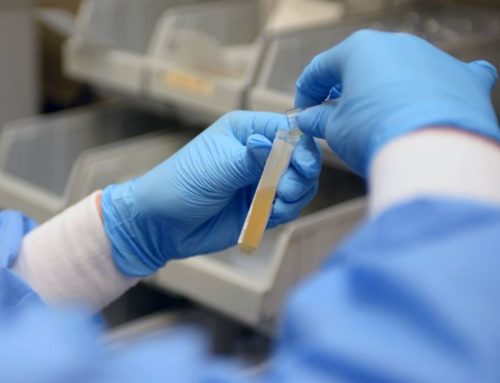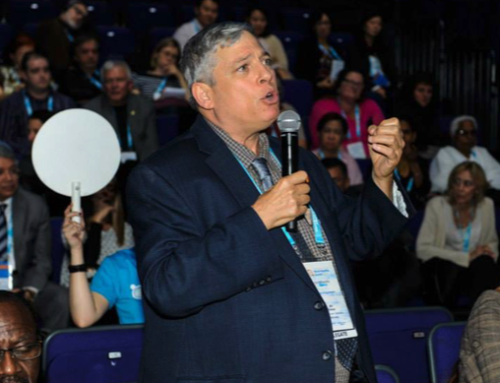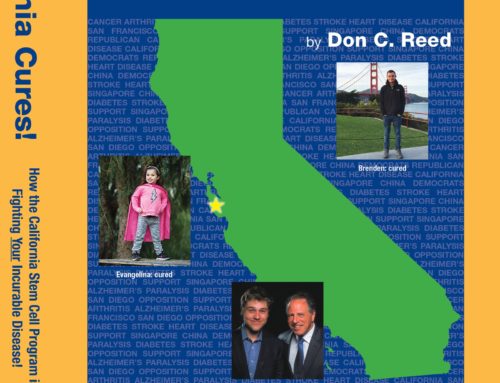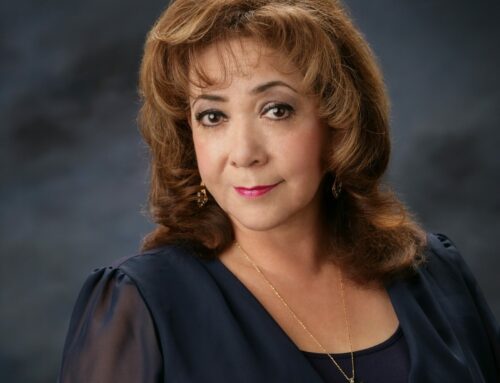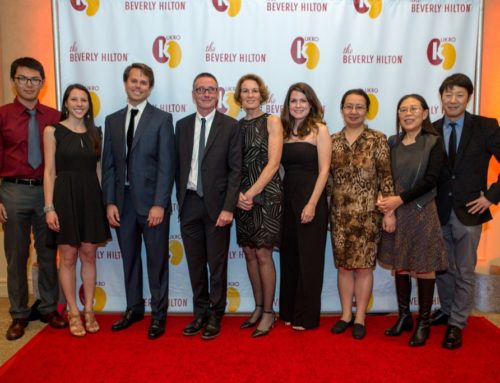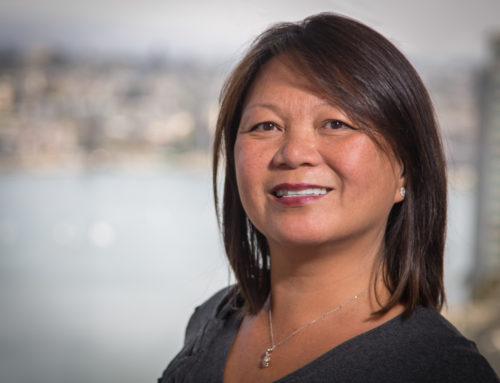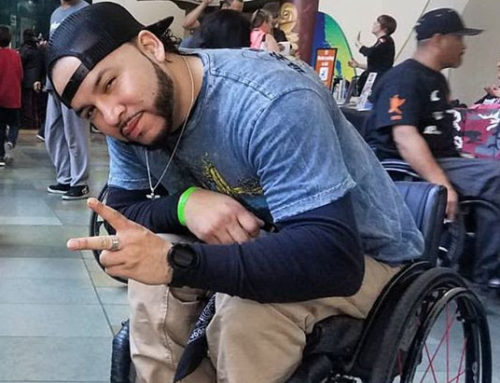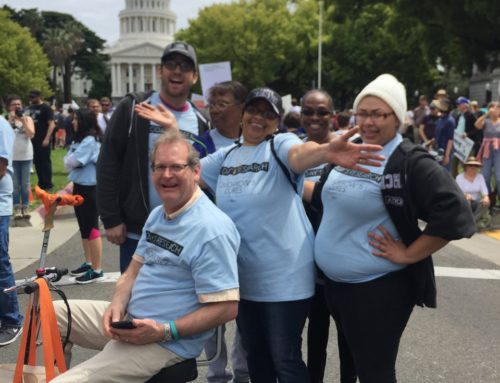Mary Bass is the executive director of Americans for Cures, a nonprofit advocacy organization that works to make stem cell research and science accessible to everyone. It was founded in 2004 after the passage of Proposition 71, California’s groundbreaking investment in stem cell research. Mary spoke with Student Society for Stem Cell Research (SSSCR) about her role, how she became an advocate for stem cell research, and what people like you can do to help ensure California keeps investing in forward-looking medical research.
What is Americans for Cures, and what are its mission and goals?
“The mission of Americans for Cures is to communicate to the public the breakthrough progress in stem cell research happening in California.
“Few people are aware that 43 FDA-approved stem cell or cell-based clinical trials have been launched in California. The focus of these trials ranges from chronic diseases such as type 1 diabetes and Parkinson’s, to conditions like paralysis and blindness. Clinical trials are often the biggest steps researchers have to take toward turning an idea in the lab into a cure or treatment for patients. And these trials are already changing patients’ lives.
“Our goal is to bring these stories to the public. Stories of people and families whose lives have been changed, or even saved, because of this research. Those stories bring energy to the issue, help educate and engage people, taking the science out of the lab and showing the public the real human impact. It is storytelling, education, and engagement that will propel the field forward and continue the momentum we’ve been building for the last decade.”
How did you get involved with Americans for Cures?
“When I was in an undergraduate, I remember hearing the uproar over the ‘Bush ban,’ President George W. Bush’s Executive Order limiting federal funding for embryonic stem cell research. The concept didn’t make sense to me. If stem cell research could help treat or cure a devastating disease, why would it be restricted? How could something that potentially help so many people be banned with the stroke of a pen? And immediately, I thought: ‘How do I fix this?’
“I talked to my longtime mentor, Dr. Irv Weissman—a pioneer of stem cell research—about my intellectual passion for understanding the ways in which policy changes lives. At the intersection of science and policy, the stem cell issue was a clear example. It wasn’t long until I found myself across a desk from Bob Klein, the driving force behind California’s $3 billion stem cell initiative, interviewing for my dream job. Flash forward five years. I’ve become close with some of the most incredible people, all wanting to change the world. To make it better.”
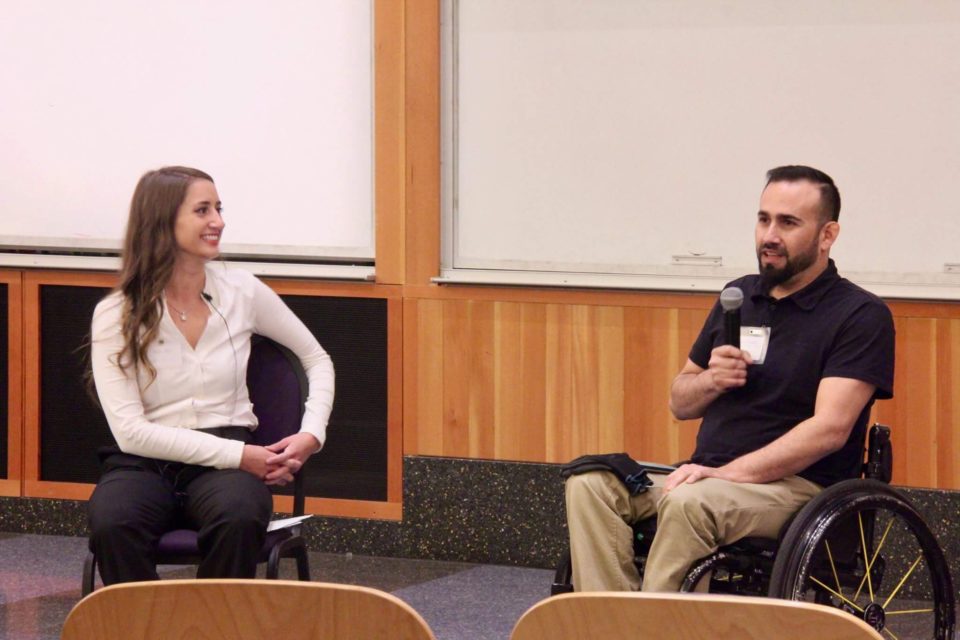
Mary Bass and AFC patient ambassador Rick Lajara at an SSSCR event.
What message do you have for aspiring stem cell advocates–what can students do to make a difference?
“Anyone can be an advocate—regardless of whether you personally are affected by a disease or injury. You don’t have to be a patient; you don’t have to be a scientist. Students like you have a powerful voice, representing the next generation in policy thinkers, researchers, administrators, investors, and activists. Passion is what matters, not background. Don’t let anyone question your voice. Don’t be intimidated. Step in. Become involved. Your passion is your authority.”
This post originally appeared at the Student Society for Stem Cell Research.



